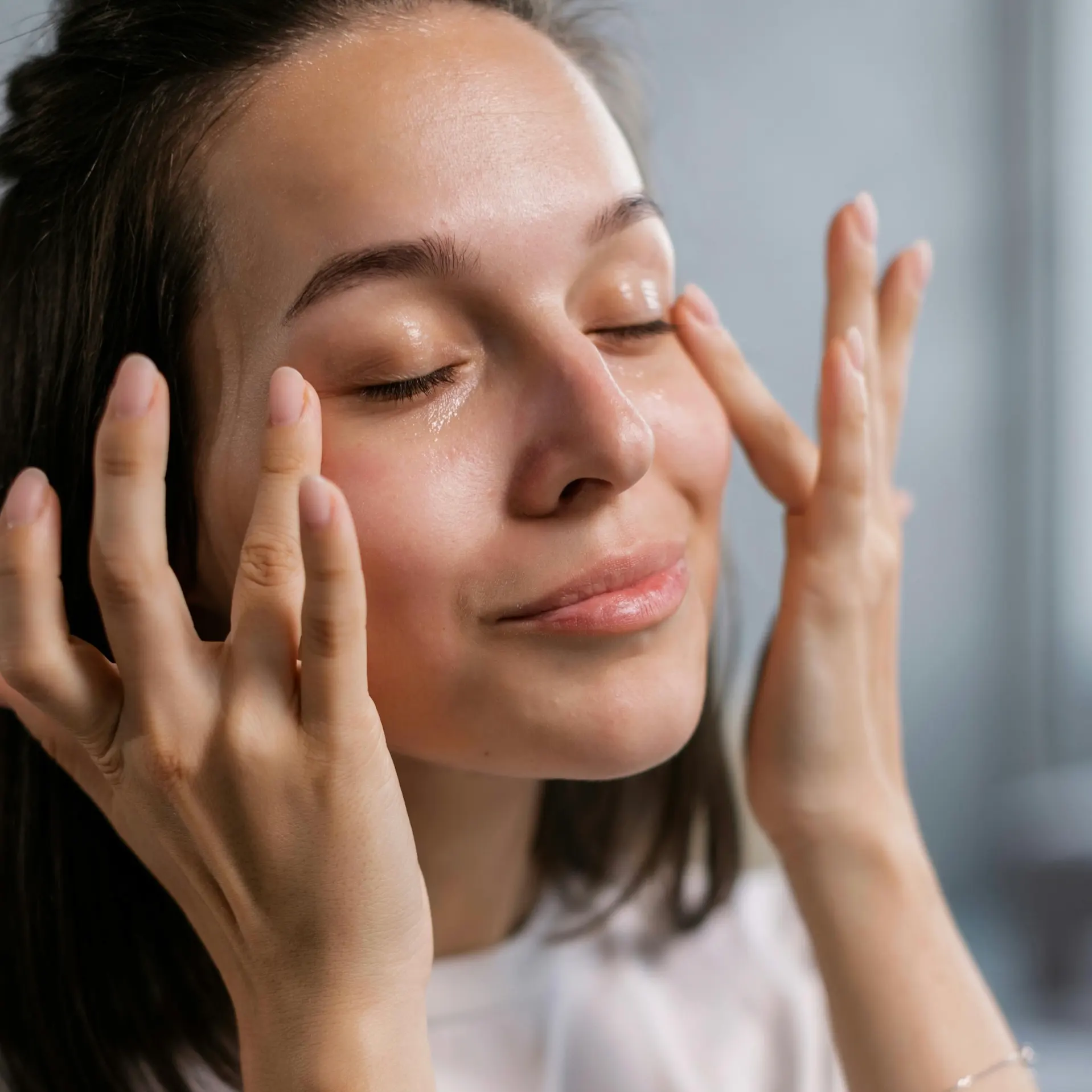What is greenwashing and how to spot it


As a conscious skincare customer, you want to make thoughtful choices, for your skin, your health, and the wider world. But as sustainability has become more marketable, it’s also become more confusing. Many brands now look green, ethical, or natural, without actually changing much behind the scenes.
This is where greenwashing comes in.
Greenwashing in skincare has evolved over the last few years. It’s no longer just about obvious claims or leafy packaging. Today, it’s often quieter, more subtle, and wrapped in clever language that sounds reassuring but doesn’t say very much at all.
Let’s look at what greenwashing really means now, and how you can spot it more easily.
Key Takeaways
- Greenwashing is when brands appear more sustainable or natural than they truly are
- Many commonly used “green” terms still have no legal definition in cosmetics
- Modern greenwashing often hides behind vague language and selective transparency
- Understanding ingredient lists and certifications helps you shop with confidence
What greenwashing really means
Greenwashing is the practice of using marketing to suggest a product is environmentally friendly, natural, or ethical, without meaningful evidence to support those claims.
In skincare, this often shows up when sustainability is treated as a branding exercise rather than a set of actions. A product may highlight one positive aspect, while distracting from the rest of the formula, sourcing, or manufacturing process.
As demand for natural and ethical skincare has grown, so has the incentive to appear green. Unfortunately, regulations haven’t evolved at the same pace.
How greenwashing shows up in skincare today
Greenwashing used to be easy to spot. Now it’s more nuanced. Here are some of the most common modern examples.
Vague, comforting language
Terms like clean, conscious, planet-friendly, or green beauty sound reassuring, but they aren’t legally defined in cosmetics. Without clear explanations, they don’t actually tell you anything about what’s inside the product.
This lack of clarity is especially common when it comes to palm oil and palm-derived ingredients, which are often hidden behind vague sustainability claims. If you’d like to understand why this matters, you can read more about palm oil in skincare here.
Sustainability by association
Some brands focus heavily on recyclable packaging or tree-planting schemes, while saying very little about their ingredients, sourcing, or manufacturing practices. Packaging matters, but it’s only one part of the picture.
Ingredient sourcing is just as important. For example, some brands are now embracing upcycled skincare ingredients as part of a more circular approach to sustainability, transforming by-products into high-performance cosmetic actives.
Ingredient storytelling without context
Highlighting a single plant oil or botanical extract can be misleading if it’s present in tiny amounts. Ingredient lists are ordered by concentration, so placement matters far more than front-label claims.

“Free from” claims
Some brands rely heavily on “free from” messaging to appeal to conscious customers, even when the ingredient in question isn’t widely used in natural skincare in the first place. These claims can create unnecessary fear or confusion, rather than offering meaningful transparency about the formula itself.
These claims often focus on what isn’t in a product, rather than explaining what is and why it’s been chosen.
Vegan doesn’t equal sustainable
Vegan ingredients can still be heavily processed, environmentally damaging, or poorly sourced. Vegan status alone doesn’t guarantee a product is natural, ethical, or low impact.
Why “natural” still isn’t clearly defined
One of the biggest challenges for consumers is that there’s still no single legal definition of “natural” in skincare.
Under ISO 16128 guidelines, a product can be described as natural even when water makes up the majority of the formula, and the remaining ingredients include synthetic components. This doesn’t necessarily make a product unsafe, but it does mean the word natural can be used very loosely.
This grey area is exactly where greenwashing thrives.
How to shop more confidently
You don’t need to become an ingredients expert to avoid greenwashing. A few simple habits can make a big difference.
- Read the full ingredient list, not just the front label
- Be wary of bold claims that aren’t backed up with explanation
- Look for brands that explain why ingredients are used, not just that they are
- Check whether sustainability claims are specific, measurable, and transparent
Trust is built through clarity, not buzzwords.
Certifications that add credibility
While no system is perfect, third-party certifications can offer reassurance when they’re specific and independently verified.
Some you may recognise include:
- POFCAP – Palm Oil Free Certification Trademark
- COSMOS Organic or Natural – standards for ingredient sourcing and processing
- CosmEthically Active – ethical, natural, and active cosmetic standards
- Leaping Bunny – cruelty-free certification
- The Vegan Society – free from animal-derived ingredients
- Soil Association – organic and sustainably sourced standards
Certifications matter most when brands clearly explain what they mean, and how they apply to their products.

A calmer way to think about conscious skincare
Shopping consciously shouldn’t feel overwhelming. The goal isn’t perfection, it’s progress and honesty.
When brands communicate openly about what they do, what they don’t do, and why, it becomes much easier to make choices that align with your values.
At Amaranthine, transparency and thoughtful formulation have always guided how I create skincare. Every product is made in small batches in my Glasgow studio, with clear ingredient lists and certifications that reflect real decisions, not marketing shortcuts.
If you’re curious about how those values shape my approach, you can explore the story behind the brand.







